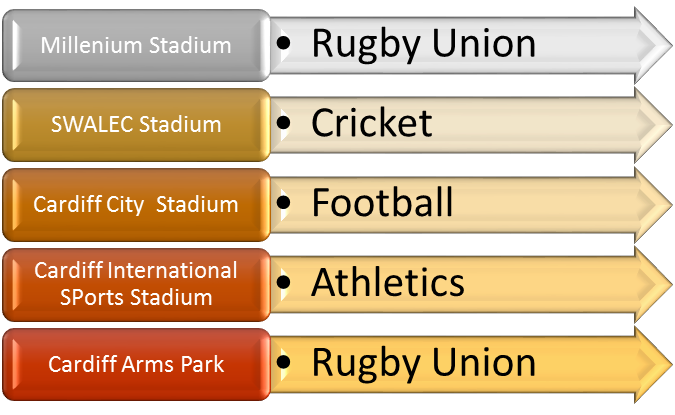Course Content
Introduction to Service Design
- Overview of Service Design
- Key concepts and terminologies
- Scope and objectives of Service Design
- Service Design Processes
- Service Design value
- Basics of Service Design
- Inputs and Outputs of Service Design
Principles of Service Design
- Overview of Principles
- Service Composition and four Ps
- Major aspects of Service Design
- Benefits of taking balanced approach to Service Design
- Service and Business requirements
- Design Activities and its Constraints
- Principles of Server-Oriented Architecture
- Service Design Models
Introduction to Design Coordination Process
- Define Design Coordination Process
- Scope and Objective
- Business value
- Key concepts and terminologies
- Input, output, methods and activities
- Interfaces of process
- CSFs and KPIs
- Risks and Challenges
- Roles and Responsibilities
Introduction to Service Catalogue Management Process
- Define Service Catalogue Management Process
- Scope and Objective
- Business value
- Basic concepts and terminologies
- Input, output, methods and activities
- Interfaces of process
- CSFs and KPIs
- Risks and Challenges
- Key Service Management Roles
Introduction to Service Level Management Processes
- Define Service Level Management Processes
- Scope and Objective
- Business value
- Key concepts and terminologies
- Input, output, methods and activities
- Interfaces of process
- CSFs and KPIs
- Risks and Challenges
- Key Service Management Roles
Introduction to Supplier Management Process
- Define Supplier Management Process
- Scope and Objective
- Business value
- Basic concepts and terminologies
- Key, output, methods and activities
- Interfaces of process
- CSFs and KPIs
- Risks and Challenges
- Key Service Management Roles
Introduction to Availability Management Processes
- Define Availability
- Scope and Objective
- Business value
- Key concepts and terminologies
- Input, output, methods and activities
- Interfaces of process
- CSFs and KPIs
- Risks and Challenges
- Key Service Management Roles
Introduction to Capability Management Process
- Define Capability Management process
- Scope and Objective
- Business value
- Key concepts and terminologies
- Input, output, methods and activities
- Interfaces of process
- CSFs and KPIs
- Risks and Challenges
- Key Service Management Roles
Introduction to IT Service Continuity Management Process
- Define IT Service Continuity Management process
- Scope and Objective
- Business value
- Key concepts and terminologies
- Input, output, methods and activities
- Interfaces of process
- CSFs and KPIs
- Risks and Challenges
- Key Service Management Roles
Process of Information Security Management
- Overview of Information Security Management
- Scope and Objective
- Business value
- Key concepts and terminologies
- Input, output, methods and activities
- Interfaces of process
- CSFs and KPIs
- Risks and Challenges
- Key Service Management Roles
Introduction to Organising Service Design
- Define Organising Service Design
- Functional Role Analysis
- RACI Matrix in designing process
- Functions within Service Design stage
- Business Impact Analysis
Introduction to Technology and Implementation Analysis
- Process Implementation Practices
- Generic requirements for Technology
- Applying evaluation criteria for technology and processes
- Plan and implement Service Design Management Technologies

 ENQUIRE
ENQUIRE
 REQUEST CALLBACK
REQUEST CALLBACK
 GET A FREE QUOTE
GET A FREE QUOTE


 Introduction
Introduction Course Details
Course Details Course Content
Course Content






 London
London